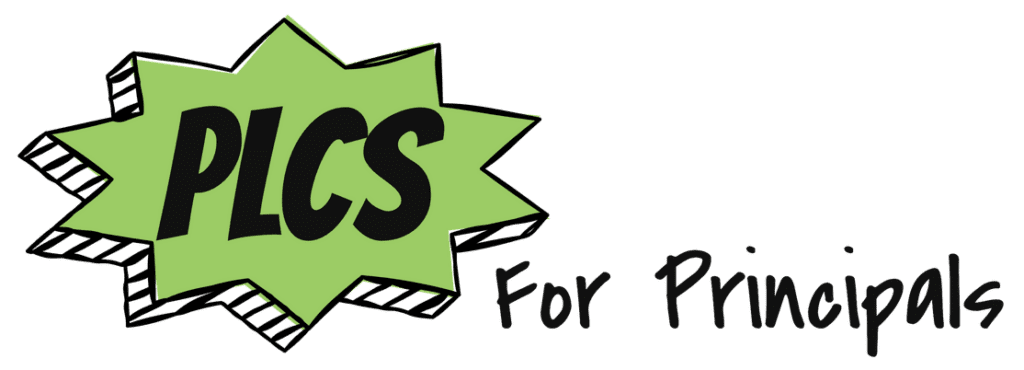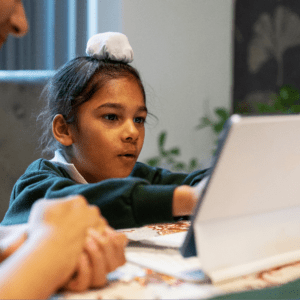As a principal, shaping the culture of your school is one of your most vital responsibilities. By fostering effective Professional Learning Communities (PLCs), you can cultivate a collaborative learning culture that benefits both educators and students. This article will explore the benefits of effective PLCs, how you can create a collaborative learning culture, and how to support facilitators through the challenges they may encounter.

The Value of Effective PLCs
PLCs hold immense potential for enhancing the effectiveness of your school. Here’s why:
- Improved Teaching Practices: Through sharing experiences, strategies, and resources, teachers can refine their practices, leading to a more effective teaching and learning environment.
- Enhanced Student Learning: The ultimate goal of PLCs is to improve student learning outcomes. As teachers collaborate and learn from each other, they can better meet the needs of their students.
- Teacher Empowerment: PLCs empower teachers by giving them a voice in decision-making processes, enhancing their professional growth, and fostering a sense of community.
- School Improvement: When teachers collaborate and continuously learn, the whole school benefits. PLCs can drive school-wide improvements by aligning practices with school goals.
Creating a Collaborative Learning Culture
As a principal, you can foster a collaborative learning culture in the following ways:
- Promote Collaboration: Encourage teachers to work together, share ideas, and learn from each other. Recognize and celebrate collaborative efforts.
- Align Goals: Ensure that the goals of each PLC align with the broader school goals. This alignment helps promote consistency across different PLCs and keeps everyone working towards the same objectives.
- Provide Resources: Provide resources such as time for meetings, access to student data, and professional development opportunities. These resources are crucial for the success of PLCs.
- Foster Trust and Open Communication: Encourage open and honest communication among staff. Create a safe space where teachers can share their ideas, successes, and challenges without fear of judgment.
Supporting Facilitators
Facilitators play a crucial role in the success of PLCs. Here’s how you can support them:
- Provide Training: Offer training opportunities to help facilitators develop their leadership skills. This could include workshops, coaching sessions, or providing access to relevant literature.
- Offer Guidance: Facilitators may face challenges such as managing group dynamics, keeping discussions focused, or dealing with resistance to change. Offer guidance and support as needed, and encourage facilitators to share their challenges and successes with you.
- Encourage Peer Support: Encourage facilitators to support each other. They can share strategies, discuss challenges, and learn from each other’s experiences.
Conclusion
As a principal, fostering effective Professional Learning Communities is a powerful way to drive school improvement and create a collaborative learning culture. By understanding the value of PLCs, promoting collaboration, and supporting facilitators, you can cultivate PLCs that benefit teachers, students, and the entire school community.





